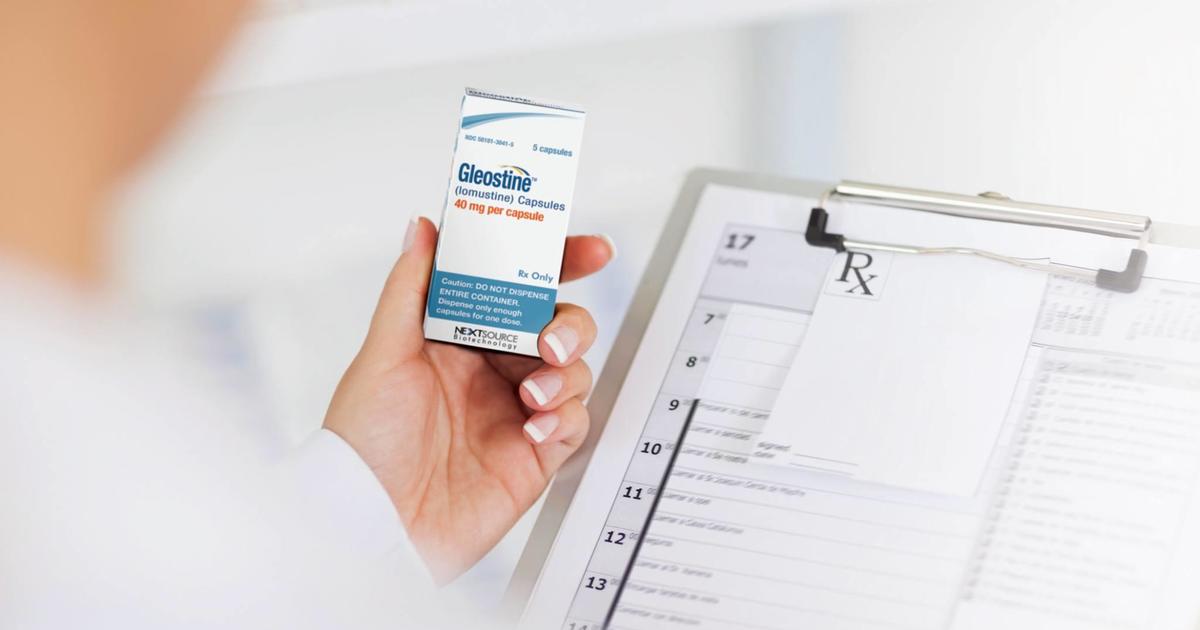
Expensive brain-cancer drug no longer an option under Medicare
CBSN
Brain-tumor experts and patient advocates are among those decrying a decision by the seller of a cancer drug to exit a federal discount program for Medicare patients, leaving some unable to afford a treatment that can run as much as $1,000 a capsule.
The move by Miami-based NextSource Biotechnology means the drug Gleostine no longer qualifies for Medicare Part D drug assistance, meaning there is one fewer option of a handful of approved chemotherapies. "There are lots of people right now who are not getting the drug," and some will likely die as a result, Henry S. Friedman, a neuro-oncologist and professor of neurosurgery at Duke University School of Medicine, told CBS MoneyWatch. "There are patients who can't afford the drug, and other drugs may not be as effective."More Related News
